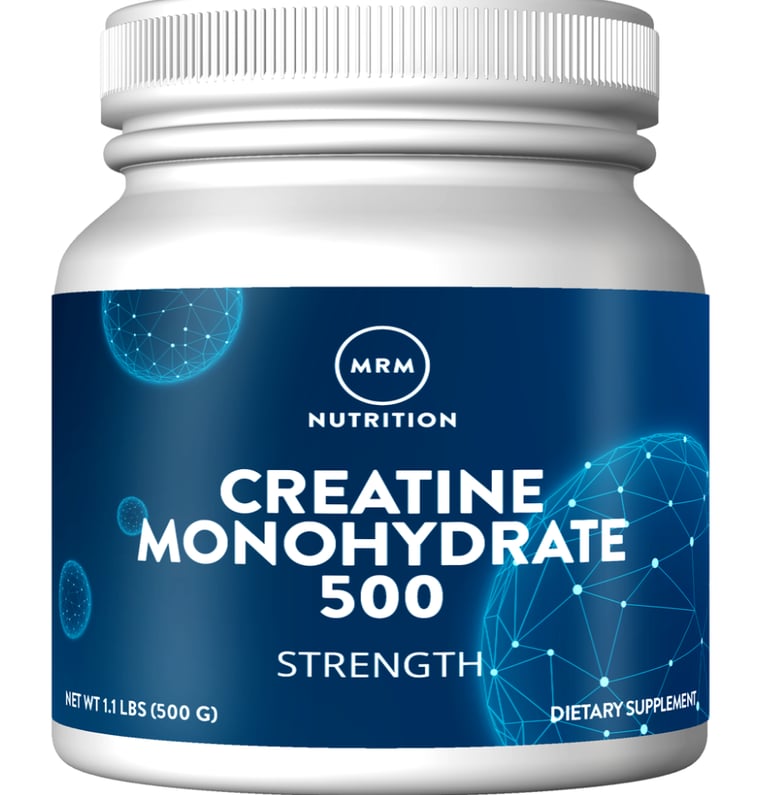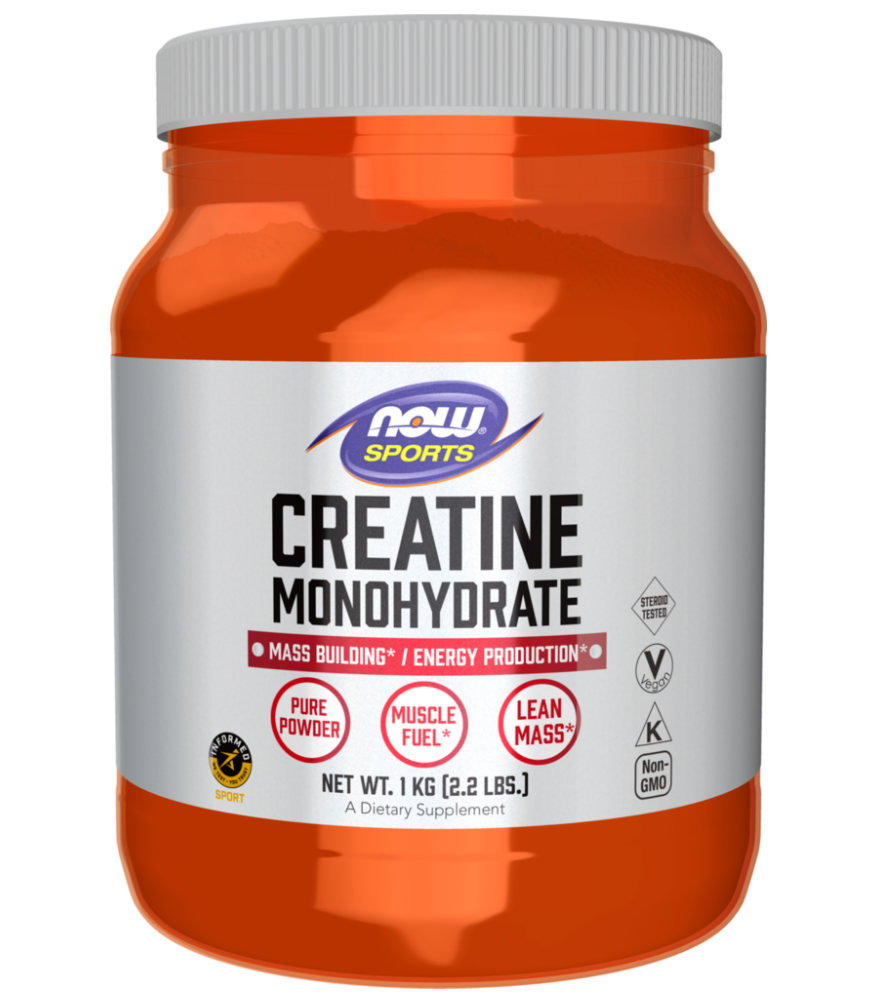Still Got That "Get Up and Go"? The Secret Weapon for Ageless Muscles (and Maybe Your Dating Life)
The Benefits of Creatine in older adults
CREATINE
Bruce Black
8/6/20256 min read


Still Got That "Get Up and Go"? The Secret Weapon for Ageless Muscles (and Maybe Your Dating Life)
Let's face it, getting older isn't always a walk in the park. The knees creak, the back aches, and suddenly, lifting that grocery bag feels like training for the Olympics. And don't even get me started on the relentless march of sarcopenia – that fancy medical term for losing muscle as we age. It's like our bodies are silently, but steadily, waving goodbye to our youthful brawn. But what if I told you there's a simple, natural supplement that can help you hold onto that precious muscle, boost your energy, and maybe even give you a bit more "oomph" in your daily life? Enter creatine, your new best friend in the fight against the aging process.
Now, before you picture yourself chugging some neon-colored concoction that tastes like battery acid (been there, done that, bought the t-shirt, and then quickly threw it away), let's clear the air. We're talking about good old Creatine Monohydrate, the tried and true. Not those "advanced" spin-offs that promise the moon but deliver nothing but an empty wallet and a frustrated sigh. This isn't about becoming a competitive bodybuilder overnight, unless that's your jam, in which case, go for it, you magnificent beast\! This is about maintaining your independence, keeping up with the grandkids, and perhaps, just perhaps, still being able to impress with those charmingly strong arms.
Why Your Muscles Are Throwing a Pity Party (and How Creatine Crashes It)
As we gracefully (or not so gracefully) age, our bodies become less efficient at building and maintaining muscle. This muscle loss can lead to a decrease in strength, balance issues, and a general feeling of being less robust. Think of your muscles as tiny, hardworking engines. Over time, these engines start to lose some of their spark plugs and fuel efficiency. Creatine, in its simplest form, helps replenish a crucial energy molecule in your muscle cells called ATP (adenosine triphosphate). It's like giving your muscle engines a fresh set of spark plugs and a super-charged fuel injector. More ATP means your muscles can produce energy more rapidly, allowing you to train harder and for longer.
This isn't just theory, my friends; it's backed by science. Creatine has been proven effective in improving performance in weightlifters and other athletes. And guess what? Those benefits extend beautifully to older adults. Studies show that consistent creatine supplementation, especially when combined with resistance training, can significantly increase muscle mass and strength in older individuals. So, while your muscles might be thinking about retirement, creatine is yelling, "Not on my watch!"
Beyond the Biceps: The Unexpected Perks
While muscle retention is a huge win, creatine offers a bouquet of other delightful benefits for the seasoned individual.
Enhanced Recovery: Remember those days when you could bounce back from a brutal workout like a rubber chicken? Now, a vigorous sneeze can leave you feeling like you've just run a marathon. Creatine can enhance recovery after workouts, helping your muscles repair themselves more efficiently. This means less soreness and a quicker return to doing the things you love, whether it's gardening, playing pickleball, or simply carrying all the groceries in one trip (an actual test of strength, if you ask me).
Brain Power, Baby! Who knew a muscle supplement could be good for your noggin? Research suggests that creatine may also have cognitive benefits, potentially improving memory and brain function. So, not only will you be able to lift that heavy box of old photo albums, but you'll also remember exactly who is in each picture (even if you have to squint a little).
Fuller, Happier Muscles: Creatine can lead to "fuller muscles". While this might sound like a purely aesthetic perk, it also signifies better hydration within the muscle cells, which is vital for overall muscle health and function. Think of it as giving your muscles a nice, plumping spa treatment.
The "Feel Good" Factor: When you feel stronger, more energetic, and can move with greater ease, your overall quality of life improves. There's a particular joy that comes with knowing you can still tackle physical challenges, whether it's hiking a favorite trail or simply opening that stubborn jar of pickles. Creatine helps you maintain that physical capability, and with it, a sense of confidence and vitality.
How to Get Started (and Not Look Like a Supplement Rookie)
Alright, you're convinced. You're ready to embrace the creatine revolution. So, how do you incorporate this magic powder into your life?
First, and this is crucial, always opt for Creatine Monohydrate. Don't be swayed by those "advanced" or "designer" creatines. They're often less effective and more expensive. See below for quality products that adhere to Good Manufacturing Practices (cGMP).
As for dosage, a typical and practical approach is around 3-5 grams per day. You can mix it with water, your morning smoothie, or even your coffee (though I'd recommend mixing it separately to avoid any weird textures). The beauty of creatine is that it doesn't need to be "cycled" or taken at specific times around your workout. Consistency is key, so aim for daily intake to keep your muscle stores topped up.
Remember, supplements are, well, supplemental. They work best when combined with hard training and good nutrition. You can't expect miracles if you're spending all day on the couch eating potato chips. So, keep up with your weight training (even light resistance can make a big difference), eat a balanced diet with plenty of protein, and get enough sleep. These are the foundational pillars of muscle health, and creatine gives you an extra boost on top of them.
In conclusion, dear reader, if you're looking for a simple, safe, and effective way to combat age-related muscle loss, boost your energy, and keep that "get up and go" well into your golden years, then daily creatine supplementation is worth considering. It's a smal change that can make a big difference in your ability to live life to the fullest, laugh a little louder, and perhaps even win that annual family arm-wrestling contest. Your future self (and your muscles) will thank you.
Creatine is generally considered safe for most people when taken at recommended doses, but some potential side effects may occur, especially with long-term or excessive use. Here are the most common and possible side effects:
Common Side Effects:1. Weight Gain (Water Retention) – Creatine draws water into your muscles, which can lead to temporary weight gain (usually 1-3 kg in the first week).
2. Bloating or Stomach Discomfort – Some users report stomach cramps, nausea, or diarrhea, especially when taking large doses at once.
3. Dehydration & Muscle Cramping – Since creatine increases water retention in muscles, improper hydration may lead to cramps or dehydration (though evidence is mixed).
4. Digestive Issues – High doses (e.g., 10+ grams at once) may cause diarrhea or an upset stomach.
Less Common but Possible Side Effects:
5. Kidney Stress (Controversial) – Long-term high doses might strain kidneys in individuals with pre-existing kidney conditions, but studies generally show no harm in healthy people.
6. Liver Function (Rare) – No strong evidence links creatine to liver damage, but very high doses could theoretically affect liver enzymes in sensitive individuals.
7. Electrolyte Imbalance – May alter sodium/potassium balance, potentially increasing cramp risk if not properly hydrated.
8. Heat Intolerance – Some anecdotal reports suggest increased susceptibility to overheating during intense exercise.
Myths & Unfounded Concerns:
- Hair Loss – A few studies suggest creatine might increase DHT (a hormone linked to hair loss), but evidence is weak and not conclusive.
- Kidney Damage – No proven risk in healthy individuals, but those with kidney disease should consult a doctor.
- Heart Issues – No direct link, but high doses could theoretically affect blood pressure in sensitive individuals.
How to Minimize Side Effects:
- Stay Hydrated – Drink plenty of water (at least 3+ liters/day if supplementing).
- Stick to Recommended Doses – 3–5 grams per day (after loading phase, if used).
- Avoid Mega-Dosing – Taking 10+ grams at once increases stomach upset risk.
- Consider Timing – Some people tolerate it better with food.
Who Should Avoid Creatine?
- People with kidney disease or diabetes (unless approved by a doctor).
- Those on medications affecting kidney function (e.g., NSAIDs, diuretics).
- Individuals with bipolar disorder (rare reports of mania triggers).
Most side effects are mild and manageable. If you experience severe discomfort, discontinue use and consult a healthcare provider.
Below are a couple of brands I use regularly. Offered at 25% off.
"The information provided in this blog post is for informational purposes only and should not be considered medical advice. Consult with a healthcare professional before making any decisions about your health or treatment."


© 2025. All rights reserved.
"Disclaimer: The fitness and exercise information provided on this website is intended for educational purposes only. It is not a substitute for professional medical advice, diagnosis, or treatment. Consult your physician or a qualified health provider before starting any exercise program. The use of any information provided on this site is solely at your own risk. We do not assume liability for any injuries or health issues that may result from using our content."
